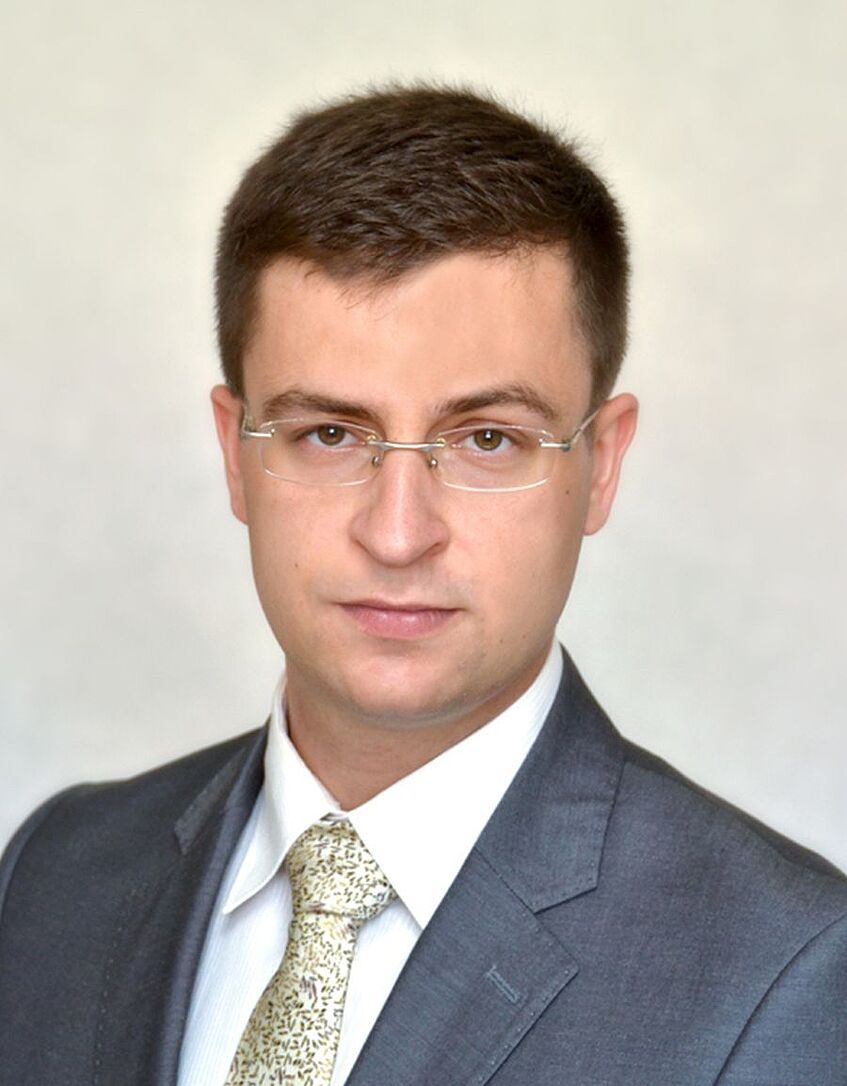East Asian Economy and Society (Master)
Why study EcoS?
The master's programme in East Asian Economy and Society (EcoS) is a multidisciplinary programme dealing with contemporary societal, political and economic aspects of the East Asian region as a whole. It is offered at the Department of East Asian Studies of the University of Vienna in English language.
We regard East Asia as more than just the sum of countries in that region. Rather than offering "light-versions" of Chinese, Japanese or Korean Studies, we focus on current transnational and regional issues as well as on comparative approaches. Reflecting the common traditions as well as the growing interrelation between Northeast Asia (China, Japan and the two Koreas) and Southeast Asia, we expanded our regular activities in research and teaching to include the ASEAN countries.
We believe that it is impossible to achieve a proper understanding of regional and country-specific issues without a solid foundation in established theories and methods of social science. Acquiring and utilising such methodology is therefore a core characteristic of our programme. However, even the best methodological skills are unlikely to produce optimal results if they are applied out of context. Historical and cultural tradition, customs, and values limit the number of actually available options and influence choices in East Asian societies just as anywhere else. It is therefore no coincidence that our programme is based at an area studies department.
The objective of the programme is to train experts in social science methods who apply their methodological skills to the East Asian region using a multidisciplinary approach. Accordingly, emphasis is put on transnational and regional issues and on comparative analyses.
Master of Arts
Facts & Figures
- Students: n.a.
- Graduates in the last academic year: n.a.
- Number of semesters needed for graduation (median): n.a.
Data updated on: 03.12.2024
Admission Procedure
Information about the selection procedure
Information on Previous Studies:
In any case eligible degree programmes at the University of Vienna:
Getting started

© Universität Wien / Barbara Mair
Study Programme
The master’s programme consists of modules on the following subject areas:
- Compulsory module Contemporary East Asian Language
- Compulsory module East Asian Economy
- Compulsory module East Asian Politics
- Compulsory module East Asian Society
- Compulsory module Research Seminar and Master's Thesis
In module 1, the fundamentals of one East Asian language (Chinese, Japanese or Korean) are taught. Students who already hold a bachelor's degree or a similar qualification in one of these languages are required to take courses in a language in which they do not hold such degree or qualification. In modules 2 and 3, students examine economic and political aspects of the East Asian regions within four core mandatory seminars on East Asia’s economic systems, economic development, political systems and international relations. In module 4, students are given a certain degree of flexibility when they study East Asian societies from a cultural-historical perspective, including history, religions and intercultural negotiation. In module 5, previously acquired skills are refreshed and applied to a research topic which leads to the master's thesis. Students conclude their studies with a master's examination in form of a public defence of their master's thesis.
Course contents in modules 2, 3 and, especially, module 4 correspond with the key areas of research of our EcoS staff. These are state socialist systems, climate change, environment and energy, new religious movements as well as cooperation and conflicts in Southeast Asia. Students are encouraged to dive deeper into these topics by holding presentations and writing term papers and master's theses.
EcoS courses are characterised by an international spirit, as more than half of our students come from various countries within Europe or overseas. Students share their knowledge attained from previous studies, creating an inspiring and creative atmosphere. Three students' representatives provide counselling for students, organise tutorials and student round tables and serve as mediators between students and EcoS staff.
Five Concepts
which you will deal with during your studies:
- Governance
- Politics
- Regionalism
- Economics
- East Asia
... and many more.
Students' opinion

Students' opinion
"I was, in particular, interested in East Asian affairs such as international relations, economic development and aspects of East Asian societies and this programme offered me an incomparable opportunity to gain a deeper understanding of this region under the guidance of Professor Rüdiger Frank.
In my point of view, it's definitely the staff of this department that makes studying East Asian Economy and Society unique: people like Stephan Si-Hwan Park, Professor Rüdiger Frank or Alfred Gerstl are always more than willing to help their students."
- Stanislav Mistik

"From my exchange experience in Japan during my bachelor's degree I learnt how dynamic the whole region of East Asia is. I wanted to learn more about the political and economic relations between the major countries of the region and the master's programme East Asian Economy and Society provided exactly that.
The course offers insights into economic, political, cultural and societal aspects of the relations between China, Japan, North and South Korea, and Southeast Asian nations as well as the relations to other regions and international actors. Such a regional and interdisciplinary approach is unique. The diversity of the students (home country, academic background, international experience, work experience) allows interesting discussions in class and the possibility to learn a lot from each other.
The modules on political and economic development in the region as well as studying an East Asian language (in my case Chinese) are my favourite parts of the programme. My personal interests lie with international relations of Northeast Asia and the political developments in Southeast Asia."
- Julia Peitl, Bakk.phil.
Overview of the programme structure & topics
Here you find the current offer of courses for this programme to gain better insight into the topics and structure. For more information please click on the respective level.
After Graduation
Graduates are equipped with academic research skills as well as the ability to apply the acquired knowledge in practice. They have comprehensive knowledge of the economic, political and cultural characteristics of East Asian countries as well as their development. They are able to apply this knowledge to practically relevant issues.
Depending on their pre-existing qualifications and those acquired within the programme, graduates find employment in all fields where social-scientific, methodologically based knowledge of East Asia as a region is required. This includes professional careers in
- academia
- political or economic consulting
- organisations focusing on security or development policy
- banks and other financial institutions and
- occupational areas that are predefined by their respective bachelor’s programmes.
Graduates' Opinion

Graduates' Opinion
"At the moment, I’m working in the field of online marketing as a Senior Project Manager in a digital agency in Hong Kong. In almost every aspect of my job, the acquired systemic and methodological approach towards and working with (to me) unknown subjects helps a lot. During my studies, I learned different languages and got familiar with the cultural background of Asia and Asian economic markets which – together with the developed soft skills in team work and presentation technique – form a substantial basis of my work life.
I decided to study East Asian Economy and Society because of the topics included. East Asia is studied as an entire region (with its own economy) and not as single countries. Furthermore, it was possible to study one of the three major Asian languages (Chinese, Japanese or Korean). The possibility to choose thematic specialisations myself – especially for my master’s thesis – was one of the most valuable parts of this degree and opened me the door to online marketing – the industry I am passionate about."
- Kenji Schautzer, Bakk.phil. MA
Graduates' Perspective on the Degree Programme
Graduates ...
- say that this degree programme receives the grade: 2.2 (good)
- rate the level of difficulty as: 4.1 (high)
→ These results are based on feedback from 9 graduates.
*You can find further assessments of the degree programme from its graduates’ perspective in the graduate survey of the master's programme in East Asian Economy and Society (in German).
Graduates ...
- find employment immediately after graduation on average.
*You can find further information on career entry and career paths in the tracking of graduates "MA East Asian Economy and Society".
